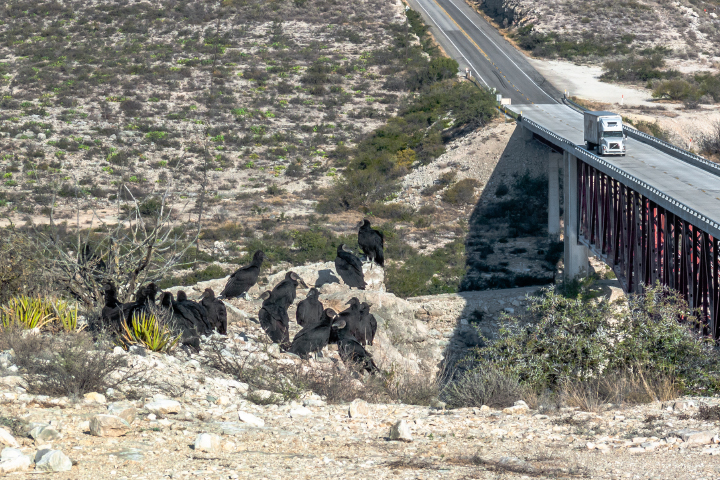
Two days ago terrorists hit France, ... again. This time 129 innocent people were murdered, rivaling the Mumbai massacre of 2008. What, we ask, is the point of such tragedy? What twisted mode of thought could possibly perceive gain? In both cases, the attackers died. Knowing the risks, they chose to sacrifice themselves within overt acts of violence. At first blush, such behavior might be understood, especially from the attacker’s point of view, as heroic altruism. But, what was the threat? And, what was the “greater good”? On second pass, such behavior might be better understood as wits’ end desperation. Feeling out of options, at the end of one’s resources, has led to a tragic amount of self-sacrificing revenge seeking violence over the years. The phrase “going postal” was invented to describe such behavior. But in what sense can all those recent victims be thought of as complicit in their attackers’ feelings of desperation? On third pass, could we better understand those attackers as hunters, scavengers, or opportunistic profiteers? Surely not hunters. There is no evidence of trophy or bounty being taken. And definitely not scavengers. Scavengers do not kill, but harvest what remains after death. However, there is a sense in which those attackers could be understood as opportunistic profiteers. We live in an age where both media notoriety and media invisibility are exploitable commodities. Being in the news is good for recruitment and for attracting funds. Staying out of the news facilitates the inconspicuous fabrication of networks and infrastructure. Attacks such as France and Mumbai offer convincing proof of potent infrastructure and attract the attention of would be funders and even more greedy compatriots. Very likely we are seeing the beginnings of terrorism as “big business”. And, sympathetic to the needs of an enveloping larger organization, the France and Mumbai attackers might well have thought of their own behavior as both heroic and altruistic. Pitiable, because the profiteers running that larger organization probably see those same self sacrificing attackers as a mere trivial expenditure of exploitable raw material. Those left behind to clean up and mourn for the victims, no doubt, feel more like wounded and increasingly angry prey, on the verge of leaving no stone unturned in equally vicious efforts to dismantle and bring to justice members of that larger perpetrating organization. Terrorism as big business is a scary thought. But it is not that far away from any business practice that seeks profit regardless of consequence or cost to whomever and whatever is being exploited. The larger and more complicated the society, the easier it is for individuals of any sort to think of unnamed others as less than human, exploitable, expendable, or threatening. Meaningful membership within a community of people who care about each other and who have found a morally mindful way to sustain themselves seems the only viable remedy to the perversions of thought that lead to seeing terrorism as opportunity to get rich. But how we might move our various societies significantly in that direction is definitely not clear. Perhaps you have some ideas. I hope that you do. |
• Posted: Nov 15, 2015 20:50:26
• Comments Welcome
• Vote CoolPhotoblogs
• Purchase a Print
• Share
Thursday, November 15th, 2012 Langtry TX USA |